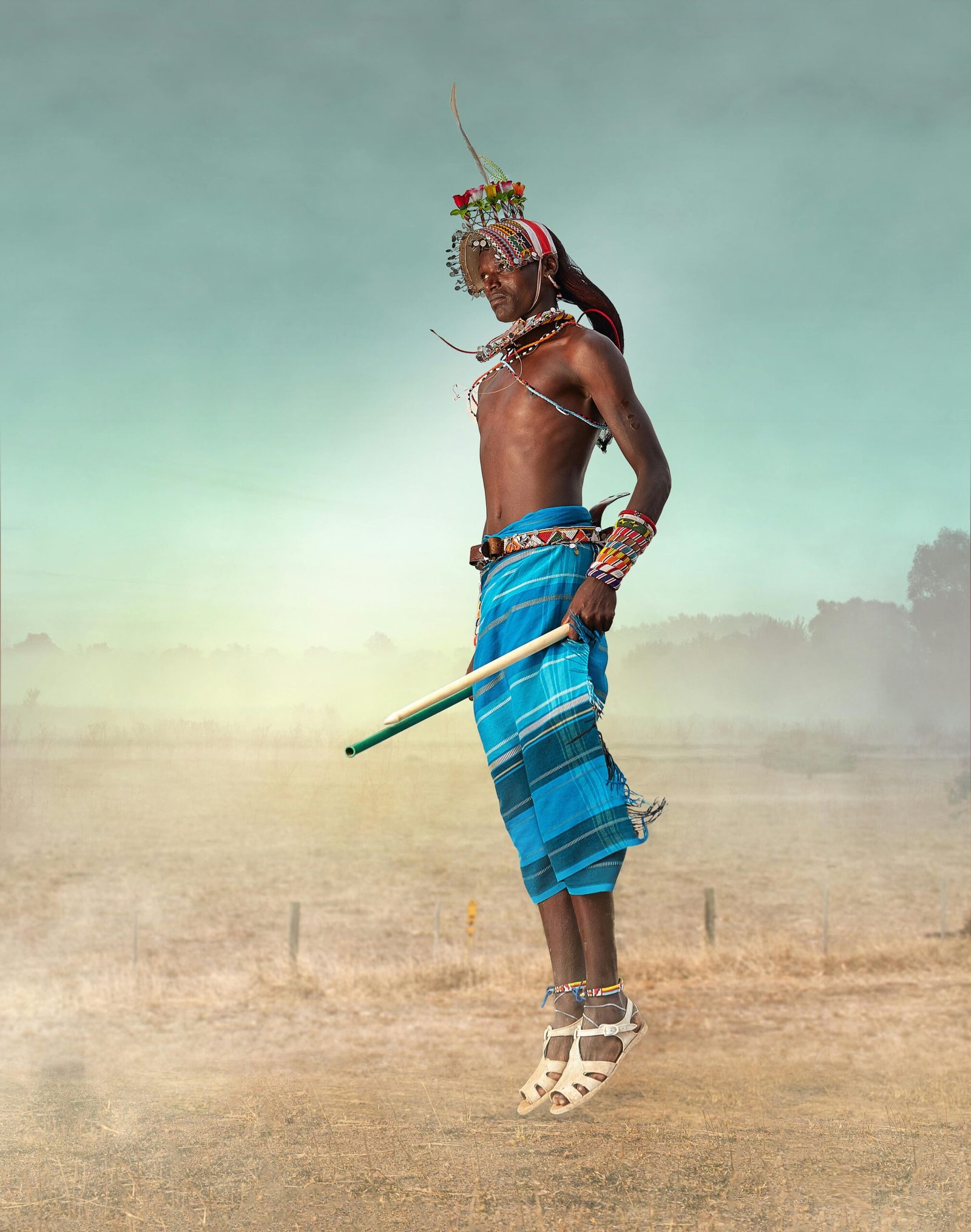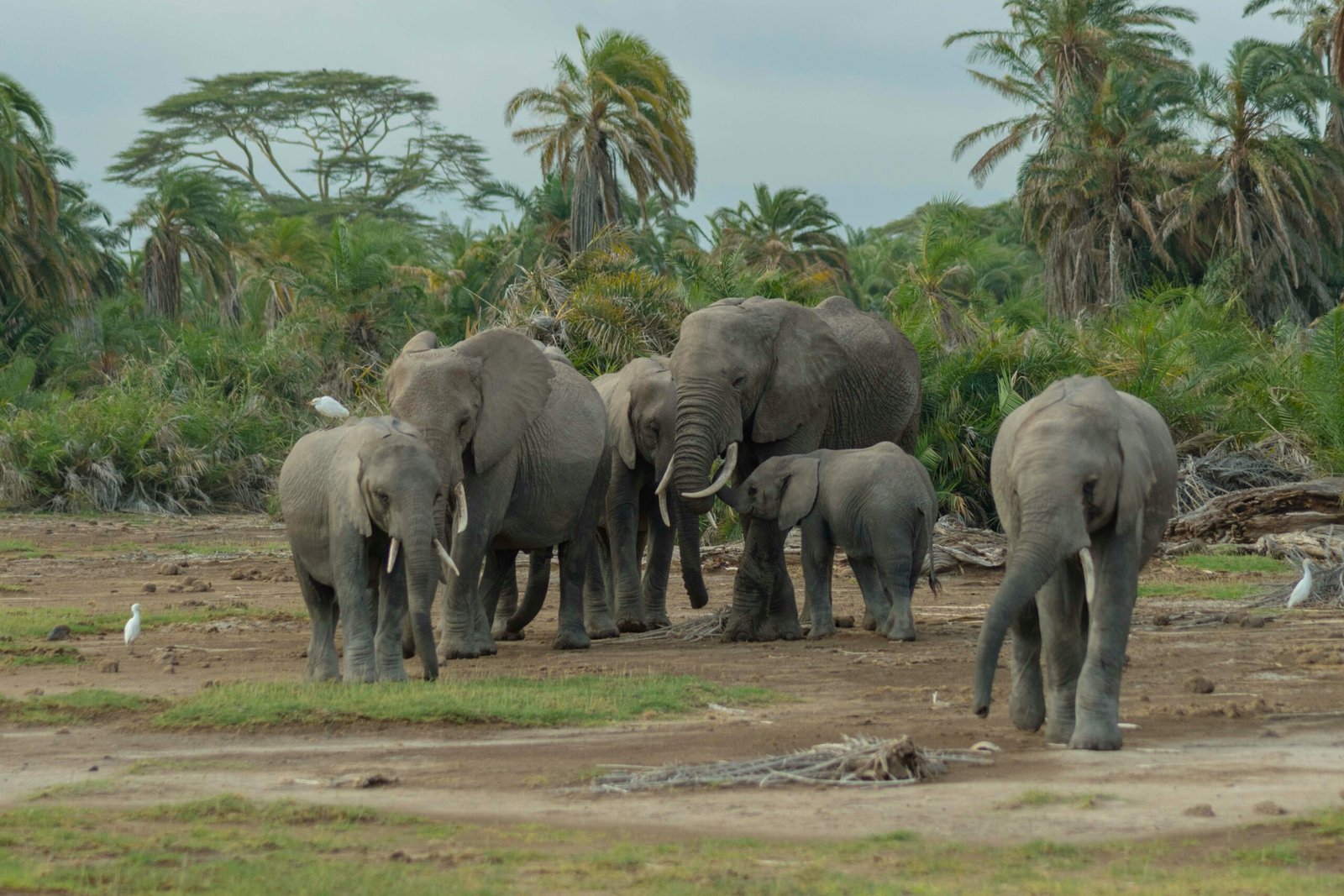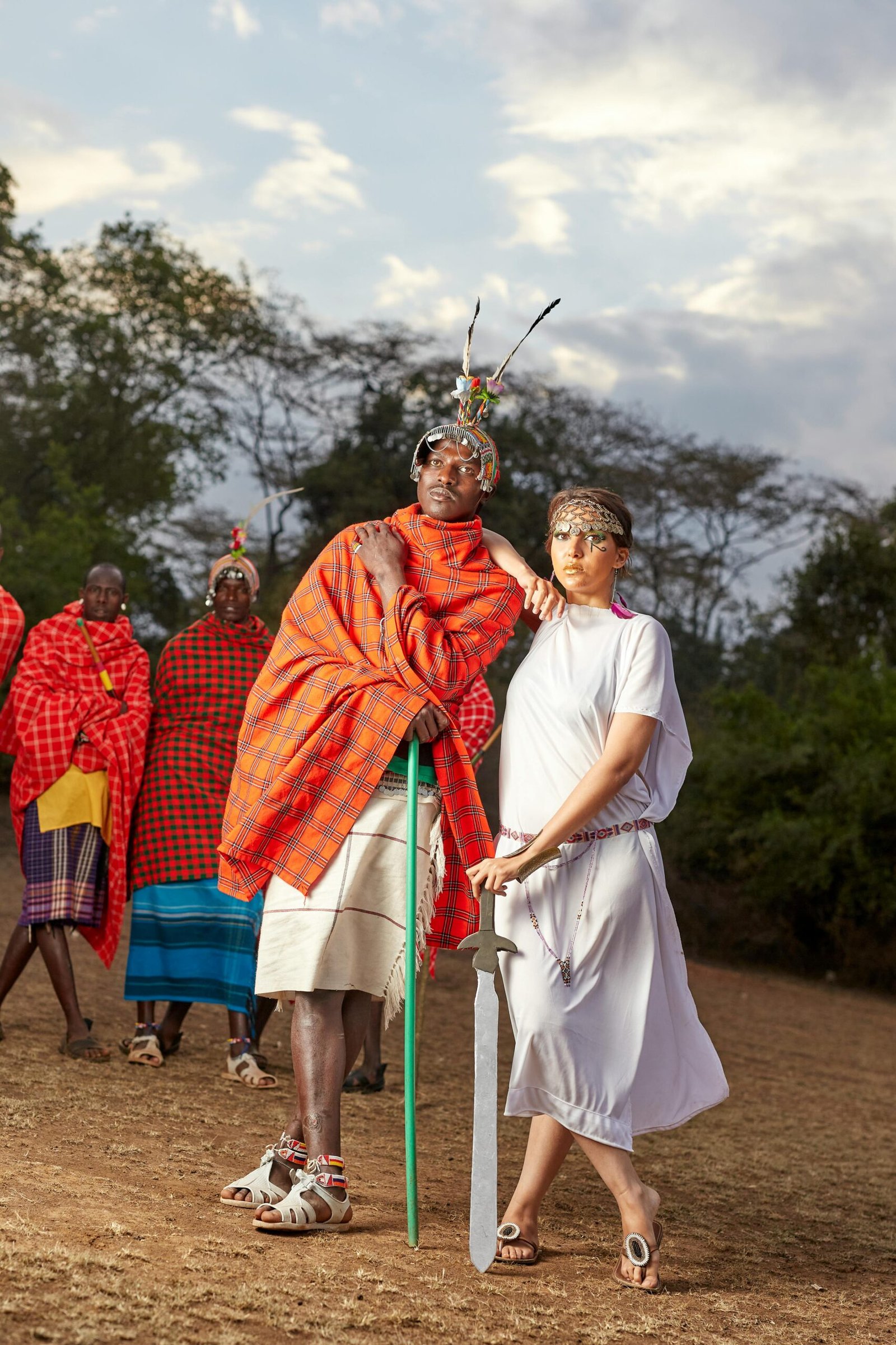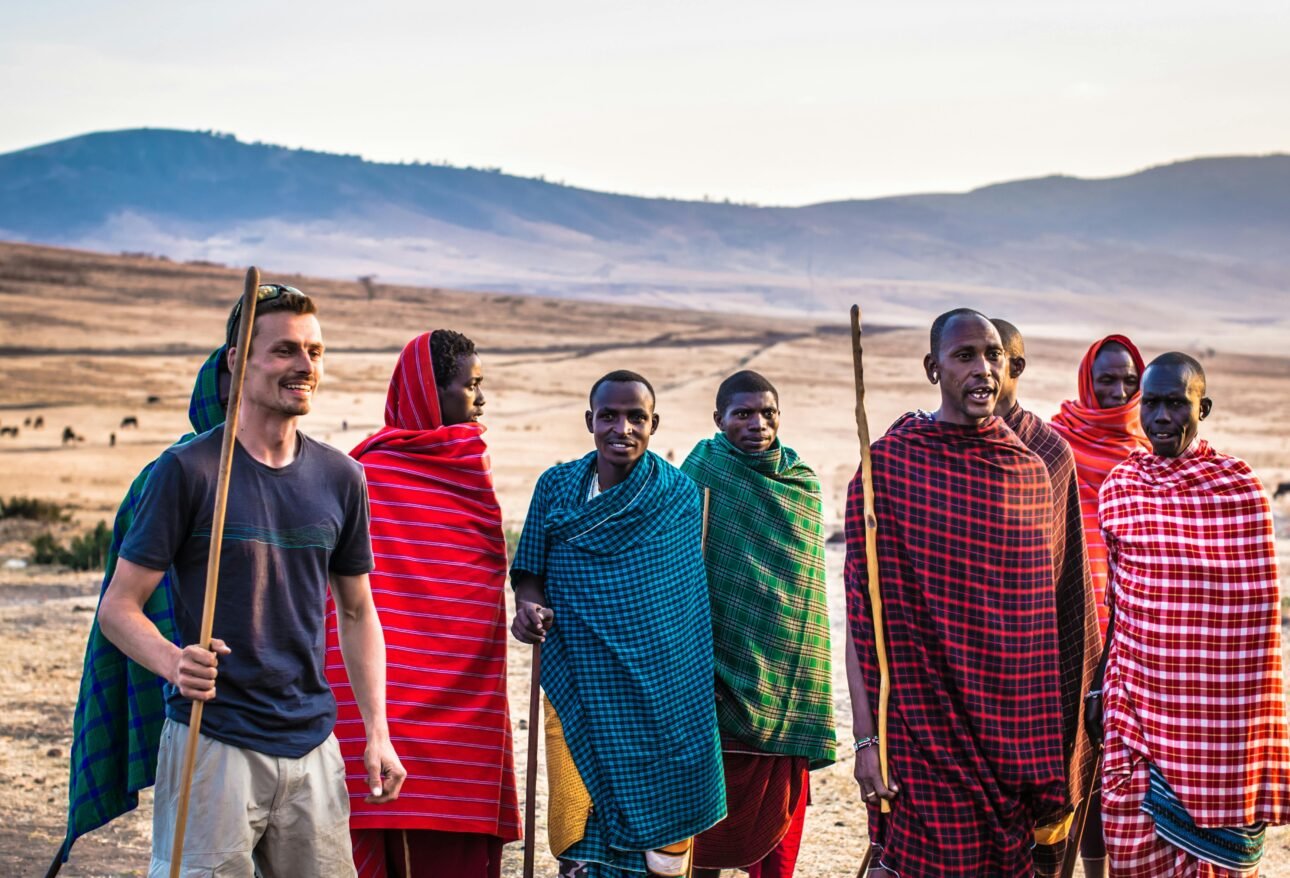When planning a safari in Kenya, immersing yourself in the vibrant Maasai culture can be one of the most enriching experiences you’ll have.
The Maasai people, known for their striking traditions and profound connection to the surrounding wildlife, offer travelers a unique glimpse into a way of life that has remained largely unchanged for centuries.
In this article, we will explore what to expect during your Kenya safari related to Maasai culture, from their traditional clothing and elaborate ceremonies to the inherent relationship between their communal lifestyle and the enchanting nature around them.
Additionally, we will provide valuable tips for respectfully engaging with the Maasai community, ensuring your encounter is both meaningful and memorable.

Key Takeaways
- Understanding Maasai culture enriches the safari experience.
- Traditional clothing and jewelry are significant representations of Maasai identity.
- Maasai ceremonies and traditions offer insights into their community values and beliefs.
- Wildlife and nature play a vital role in the Maasai way of life.
- Engaging respectfully with the Maasai community enhances cultural appreciation during your visit.
Introduction to Maasai Culture
Exploring Maasai culture is an enriching experience for anyone embarking on a Kenya safari.
This iconic African tribe is not only known for its vibrant customs and traditional attire but also for its deep connection to the land and wildlife that surrounds them.
When you visit Maasai villages, expect to be welcomed by the warm hospitality of the Maasai people, who take pride in their rich heritage and communal lifestyle.
Their traditional songs and dances, performed in colorful garments, provide a glimpse into their daily lives and cultural rituals.
Understanding Maasai culture on your Kenya safari offers a unique perspective on the symbiotic relationship between the tribe and nature, making your adventure not only memorable but also educational.
Whether you are observing cattle herding practices or participating in a traditional meal, immersing yourself in the Maasai way of life will truly enhance your journey in this stunning region of East Africa.
Traditional Clothing and Jewelry of the Maasai
When embarking on a Kenya safari, immersing yourself in Maasai culture is a must.
The Maasai are renowned for their vibrant traditional clothing and distinctive jewelry, which reflect their rich heritage and are integral to their identity.
Typically, the men wear shúkà, a brightly colored cloth draped elegantly over one shoulder, representing both status and age.
Women, on the other hand, adorn themselves with layered dresses, usually in tones of red and blue, and intricate beadwork that tells a story of their familial lineage and social standing.
The jewelry, often hand-crafted from beads, metal, and even bones, serves not only decorative purposes but also plays a significant role in Maasai ceremonies.
When you engage with the Maasai during your safari, expect to witness these traditional garments and accessories, as well as learn about their symbolic meanings and the craftsmanship behind them.
Embracing Maasai culture enhances your Kenya safari experience, providing deeper insight into the customs and traditions of this captivating community.
‘To travel is to discover that everyone is wrong about other countries.’ – Aldous Huxley

Maasai Ceremonies and Traditions
Maasai culture is a vibrant tapestry of ceremonies and traditions that offer a stunning glimpse into the lives of one of Africa’s most iconic tribes.
When embarking on a Kenya safari, understanding Maasai culture is essential to fully appreciate the depth and significance of their rituals.
From the rhythmic dance of the Adumu, commonly known as the jumping dance, to the intricate beadwork that adorns their attire, each element of Maasai life is steeped in meaning.
Expect to witness ceremonies such as the Eunoto, where young warriors transition into adulthood, or the traditional wedding rites that showcase the tribe’s values around family and community.
Engaging with local tribes during your safari can provide unique opportunities to learn about their cultural heritage firsthand, enriching your travel experience while respecting their traditions.
Embrace these moments to gain insight into the Maasai’s harmonious relationship with nature, showcasing how deeply their cultural practices are intertwined with the beautiful Kenyan landscape.
Wildlife and Nature in Relation to Maasai Life
When exploring Maasai culture during your Kenya safari, one cannot overlook the deep connection between the Maasai people and their natural environment.
The Maasai, a semi-nomadic pastoralist tribe, have lived harmoniously with the wildlife of the East African savannah for centuries.
This relationship is fundamental to their identity, influencing their traditions, beliefs, and daily lifestyle.
As you observe herds of wildebeest or spot elephants roaming freely, you will gain insight into how the Maasai view their surroundings as not merely a backdrop, but an integral aspect of their cultural narrative.
Their famed rituals, vibrant dress, and community gatherings are often held against the stunning landscapes of Kenya, where nature plays a pivotal role in their storytelling and heritage.
Thus, experiencing Maasai culture during your safari allows you to witness firsthand the intricate tapestry woven between wildlife and humanity, emphasizing respect for nature and the importance of conservation.

Tips for Engaging with the Maasai Community during Your Safari
When embarking on a Kenya safari, one of the most enriching aspects is the opportunity to engage with the Maasai culture: what to expect during your Kenya safari includes not only the breathtaking wildlife but also the vibrant traditions and way of life of the Maasai people.
To ensure a respectful and meaningful interaction with the Maasai community, consider these tips: First, show genuine interest by learning a few words in Swahili or the Maasai language, as this can help break the ice and shows respect for their culture.
Participate in cultural ceremonies or dances, where you can appreciate their rich heritage firsthand while respecting local customs and rituals.
Also, remember to ask questions and actively listen to their stories – the Maasai love sharing tales of their history, customs, and their relationship with nature.
Lastly, support their livelihoods by purchasing handcrafted goods from local artisans rather than seeking items from commercial sources.
Engaging with Maasai culture during your safari adds depth to your experience and fosters a connection between visitors and the community that lasts long after the journey ends.
Frequently Asked Questions
What is the significance of traditional clothing in Maasai culture?
Traditional clothing, often made from brightly colored shuka, plays an important role in Maasai identity and cultural expression.
Each color and pattern may signify different social statuses or community affiliations.
What are some common Maasai ceremonies that tourists might experience during a safari?
Visitors might have the opportunity to witness various ceremonies such as the Eunoto (coming-of-age ceremony for warriors) or traditional dances that celebrate significant life events, showcasing the rich heritage of the Maasai.
How do Maasai communities interact with wildlife in their environment?
The Maasai have a deep respect for wildlife, viewing animals as integral to their culture.
They practice traditional livestock herding methods that coexist with wildlife, often using zebras and gazelles as indicators for pasture availability.
What respectful behaviors should tourists observe when engaging with the Maasai community?
Tourists should always ask for permission before taking photos, be respectful of customs, and engage in conversations that show genuine interest in their culture rather than treating them as mere attractions.
Can you explain the importance of jewelry in Maasai culture?
Jewelry is a significant aspect of Maasai culture, often symbolizing social status, age, and achievements.
It is crafted with intricate beads and designs, with each piece telling a story or carrying meaning within the community.
Kikuyu Arcade, Kiambu, Kenya 00902
+254 720 637 298
+254 726 906 136
info@africancrestedratsafaris.com
sales@africancrestedratsafaris.com





